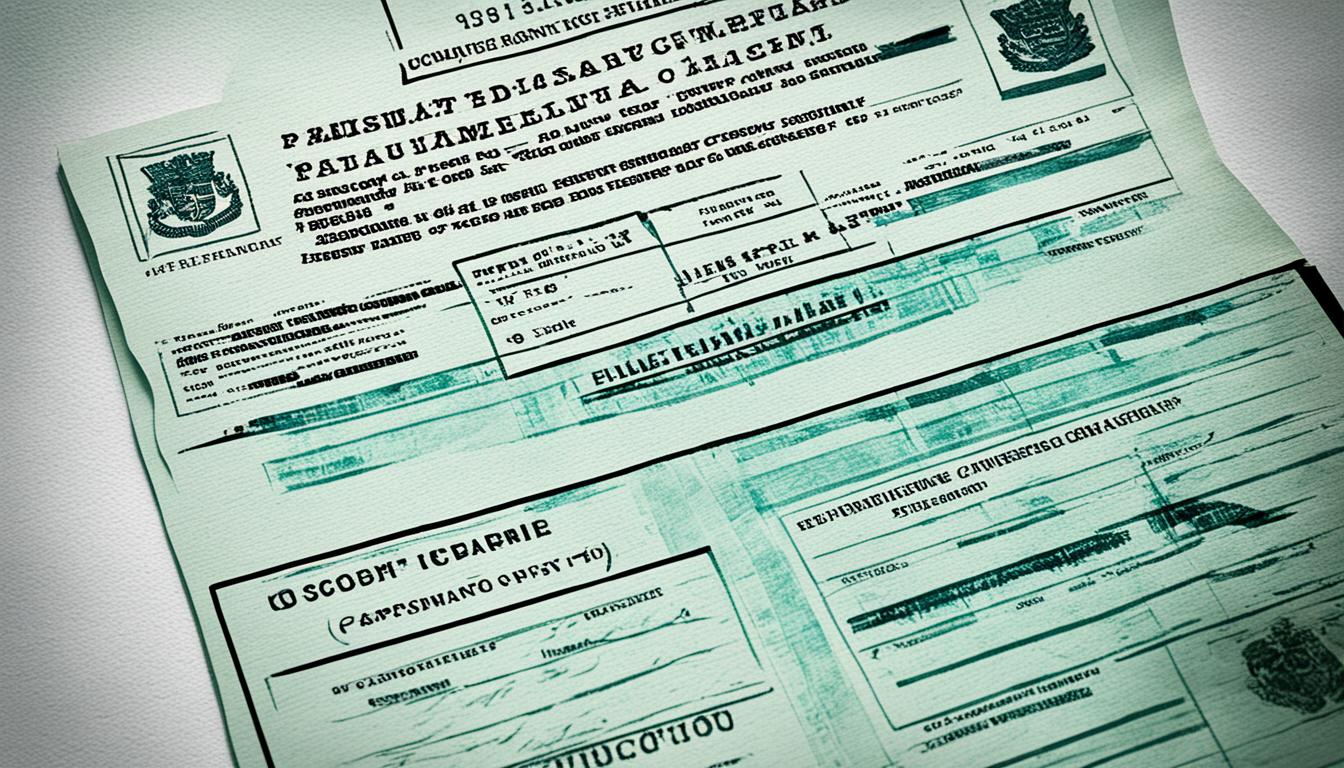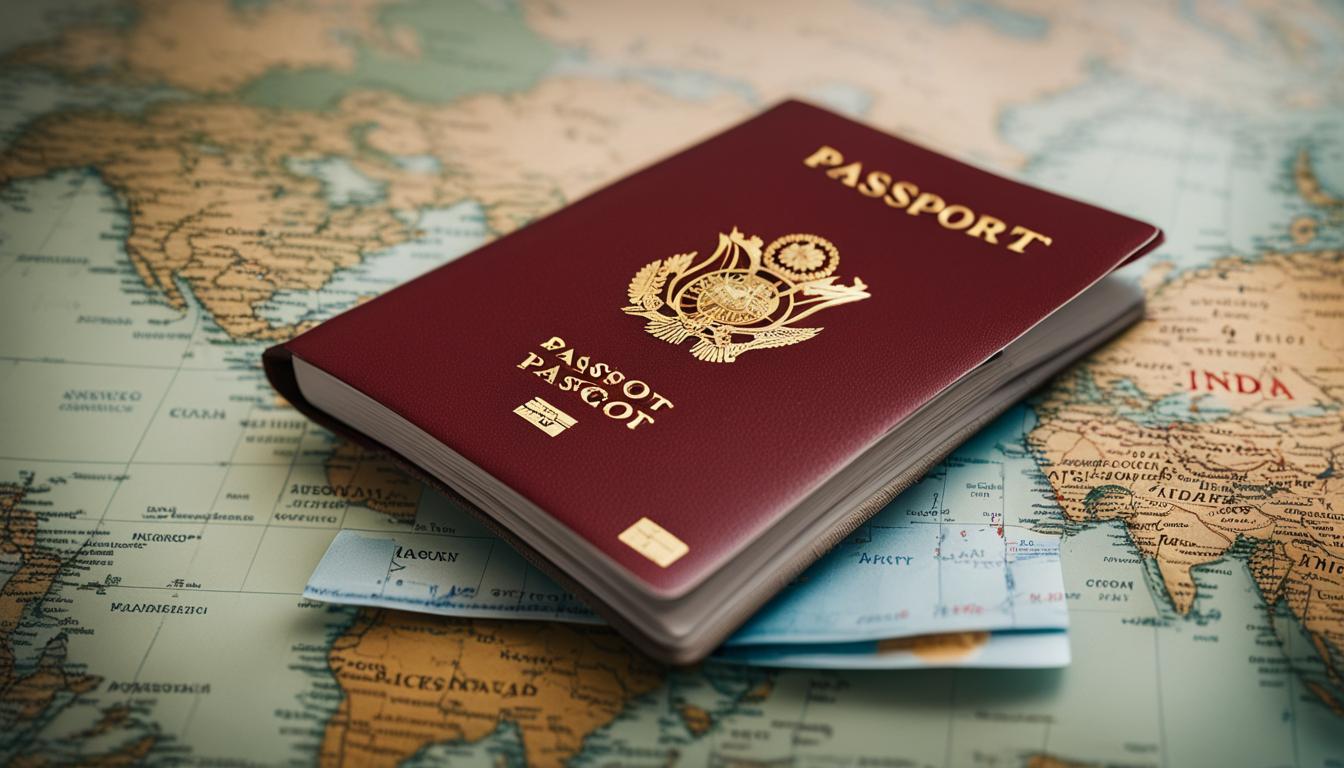
A felony conviction can have significant implications, particularly when it comes to international travel and obtaining a passport. If you have a felony on your record, you may be wondering if it is still possible to get a passport and explore the world.
While the answer is not a simple yes or no, there are important legal perspectives and travel restrictions that you need to be aware of. Factors such as the type of felony and any outstanding obligations can play a role in determining your eligibility for a passport.
Drug trafficking, financial fraud, human trafficking, and outstanding child support payments are some examples of felonies that may disqualify individuals from obtaining a passport.
It’s essential to understand the specific felonies that can restrict your passport application and potentially prevent you from traveling internationally without facing legal repercussions.
In the upcoming sections, we will explore the cases under which felons can reserve a passport, as well as the felonies that can disqualify you from obtaining one. By understanding the legal perspectives and travel restrictions associated with obtaining a passport with a felony, you will be better equipped to navigate the process and make informed decisions.
Cases Under Which Felons Can Reserve a Passport
With a felony conviction being a serious offense, it does not automatically disqualify an individual from obtaining a passport. There are specific cases under which felons can reserve a passport, depending on various factors.
If a felony convict has completed their sentence and been legally released, they may be eligible to apply for a passport. Additionally, individuals with no outstanding charges or arrest warrants against them may also be considered for passport eligibility.
Furthermore, if a felon has forfeited a bond or has successfully proven the false nature of the felony charges against them, they may have a chance to obtain a passport.
It is important to note that each case is unique and subject to the legal process and requirements of the country in question. The eligibility for a passport after a felony conviction depends on factors such as the completion of sentencing, fulfilling legal obligations, and demonstrating appropriate behavior.
Legal Process and Requirements
When it comes to applying for a passport as a felon, it is crucial to understand the specific legal process and requirements involved. Different countries may have varying laws and regulations regarding passport eligibility for individuals with felony convictions.
Applicants will typically need to provide documentation proving that they have completed their sentence and met any other legal conditions. This could include presenting court orders, probation completion certificates, or evidence of restitution payment.
Additionally, felons may be required to demonstrate their ability to adhere to the laws and regulations of the country they wish to travel to. This could involve providing character references, letters of recommendation, or evidence of rehabilitation and good conduct.
- Completed Sentence: Proof of completing the full sentence, including probation or parole.
- Legal Obligations: Evidence of fulfilling any financial obligations or restitution requirements.
- Demonstrating Demeanor: Providing documentation attesting to good behavior, rehabilitation efforts, or character references.
By understanding the legal process and meeting the requirements, felons can increase their chances of obtaining a passport despite their past convictions.
Felonies That Disqualify You From Getting a Passport
Not all felonies allow individuals to obtain or renew a passport. Certain felony charges, such as drug trafficking, financial fraud, and outstanding child support payments, can disqualify individuals from getting a passport. These disqualifying felonies may vary from country to country, as the definition of a felony can differ depending on the jurisdiction.
It is crucial to note that some countries may not entertain passport applications from individuals with proven felony charges, while others may deny entry altogether. Additionally, felons who owe child support may face restrictions on obtaining a passport.
Understanding the specific felonies that can disqualify individuals from getting a passport is essential to avoid any legal complications and travel restrictions.






